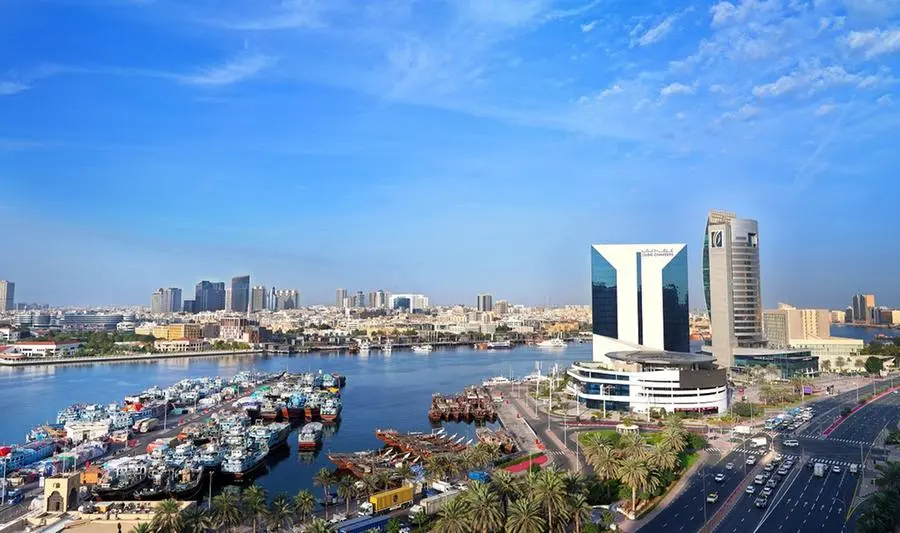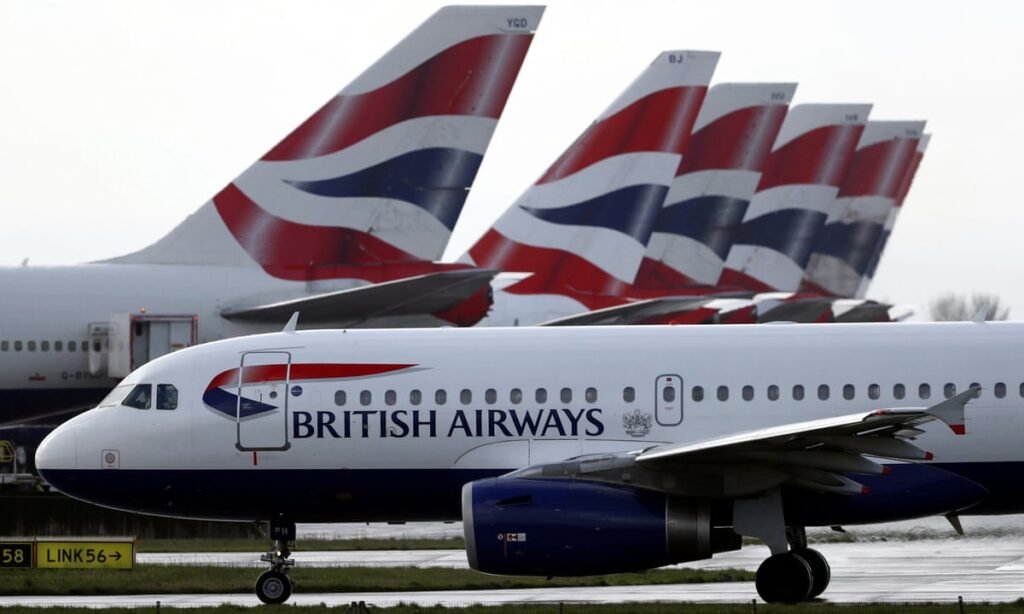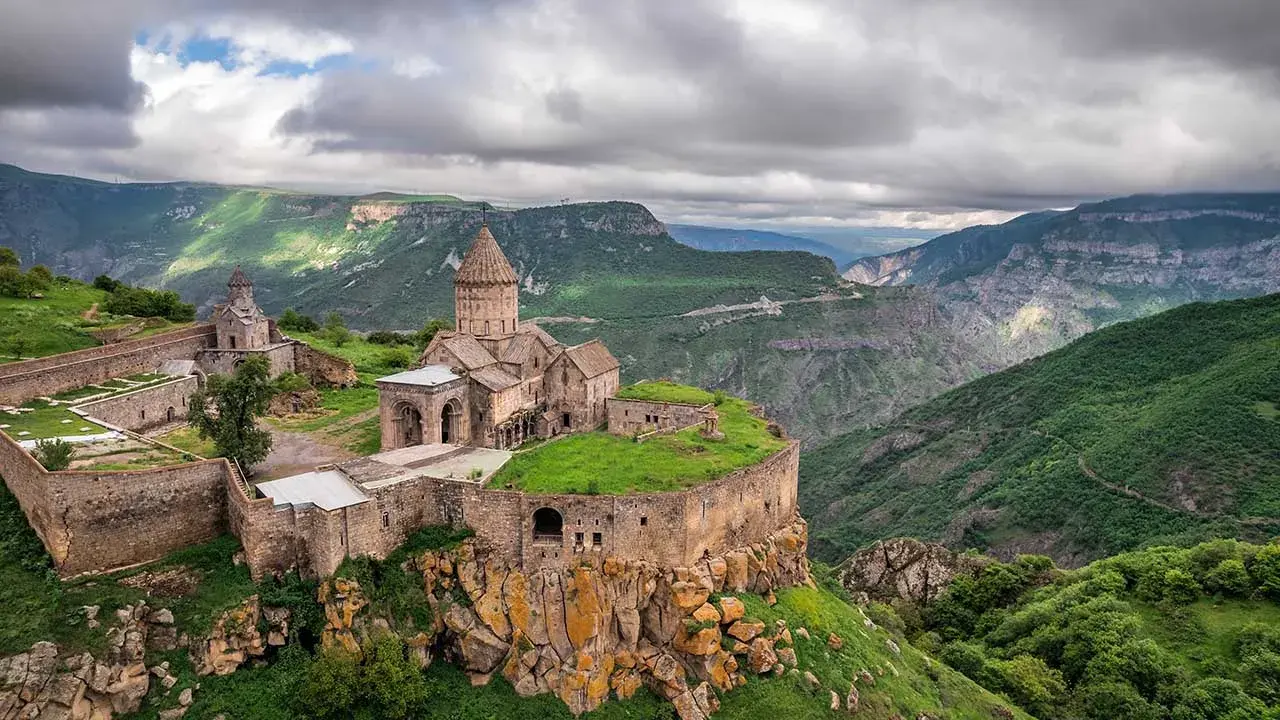In a report released by HSBC, investors and corporates in India and the Middle East, North Africa, and Türkiye are confident for a decade of accelerated opportunities. Titled “India-MENAT Corridor Outlook: Harnessing Natural Synergies”, the report explores the current state of trade and investment, outlining key growth opportunities between India and five MENAT countries – Egypt, Qatar, Saudi Arabia, Türkiye, and the UAE, reported sme10x.com.
Patricia Gomes, Regional Head of Commercial Banking, Middle East North Africa and Türkiye at HSBC, emphasised the robust mutual interests, solid economic fundamentals, and enduring historical ties that are driving corporates and investors to explore a diverse set of opportunities in both directions.
As free trade agreements and bilateral agreements continue to ramp up, the India-MENAT Corridor presents a fertile ground for corporates and investors to explore latent potential and further collaboration in this dynamic economic landscape
The Middle East’s ambitious transformation plans and its youthful demographics, with more than half the population under 30, have been attracting significant Indian investment. According to data from the International Trade Centre and HSBC analysis, there is an estimated US$61 billion export opportunity for India to the key MENAT markets, with the UAE, Saudi Arabia, and Türkiye emerging as top destinations.
India’s strengths as a food and agricultural producer are reshaping trade and investment dynamics in the region. The India-UAE Food Corridor, initiated in 2019, has witnessed over US$7 billion in investments. Furthermore, the substantial Indian diaspora in the GCC, totalling around 8.8 million Non-Resident Indians, is deepening regional ties, contributing capital, talent, and technology.
Outside the GCC, Indian companies are making strides in Egypt, investing in green hydrogen, electric vehicles, and traditional sectors such as food industries, chemicals, and tourism. In Türkiye, Indian automobile companies have invested significantly, extending their footprint into the packaging materials industry.
On the flip side, India’s strong economic fundamentals are drawing MENAT corporates into expanding trading relationships, with an estimated export potential of over US$51 billion from key MENAT countries into India. Understanding India’s expansive physical landscape, MENAT corporates are eyeing Tier-2 cities, recognising their untapped potential due to lower operational costs and opportunities for specific industrial activities.
Ajay Sharma, Country Head of Commercial Banking, HSBC India, highlighted the promising trade agreements between India and MENAT countries. The India-UAE Comprehensive Economic Partnership Agreement, negotiated and concluded in just 88 days in 2022, has significantly reduced or eliminated tariffs in over 80 percent of bilateral product lines. Additionally, the India-Middle East-Europe Economic Corridor, announced in September 2023, is set to reshape global supply chains by connecting the Middle East and Europe to India through new rail and shipping links.
As free trade agreements and bilateral agreements continue to ramp up, the India-MENAT Corridor presents a fertile ground for corporates and investors to explore latent potential and further collaboration in this dynamic economic landscape.
***********************************************************************
Readers








